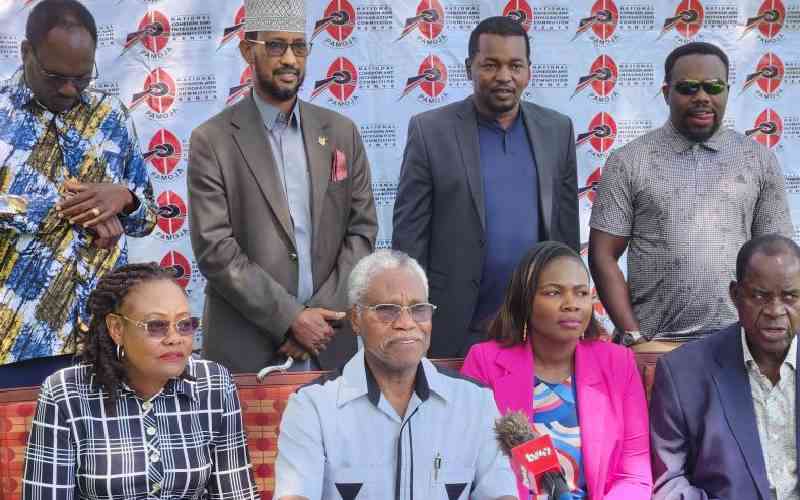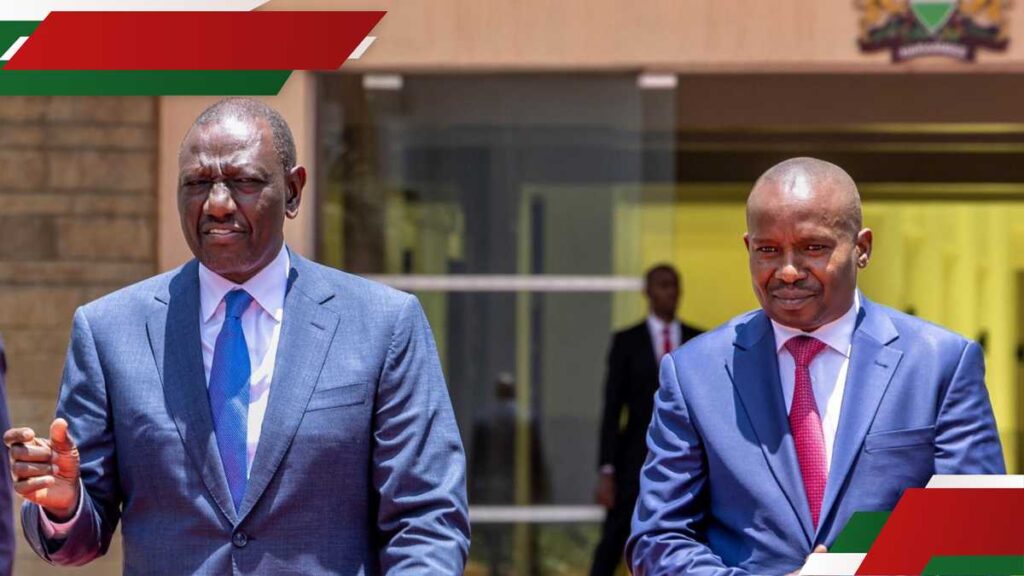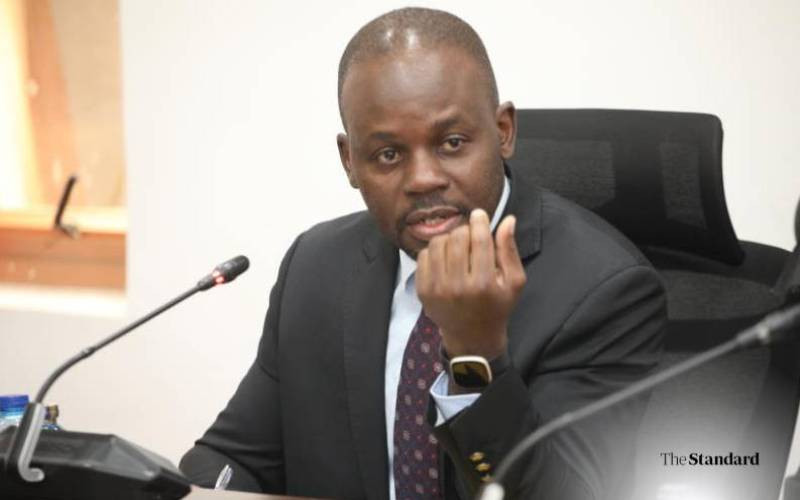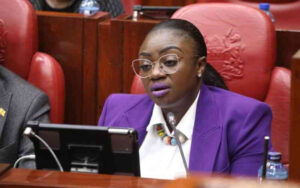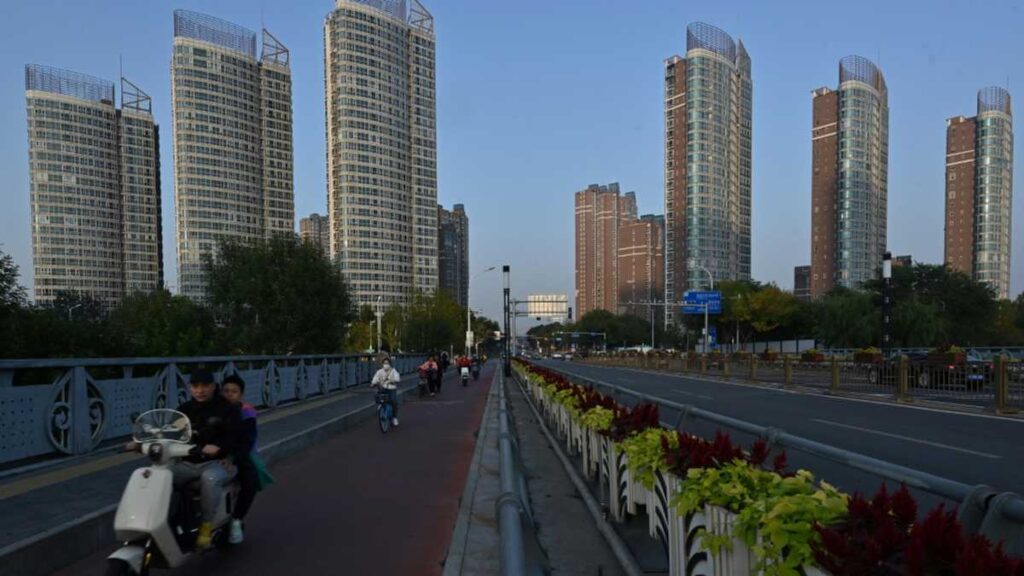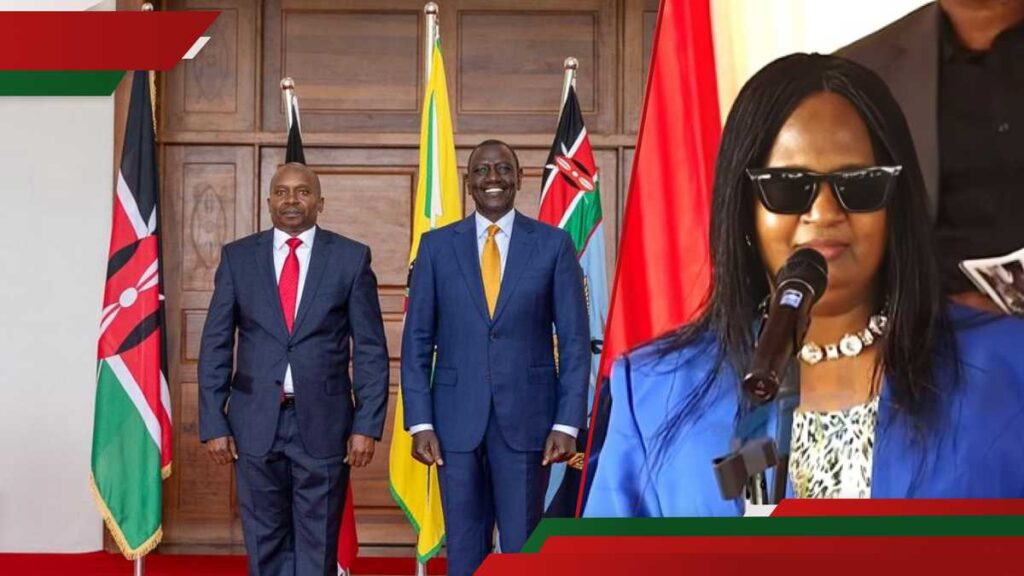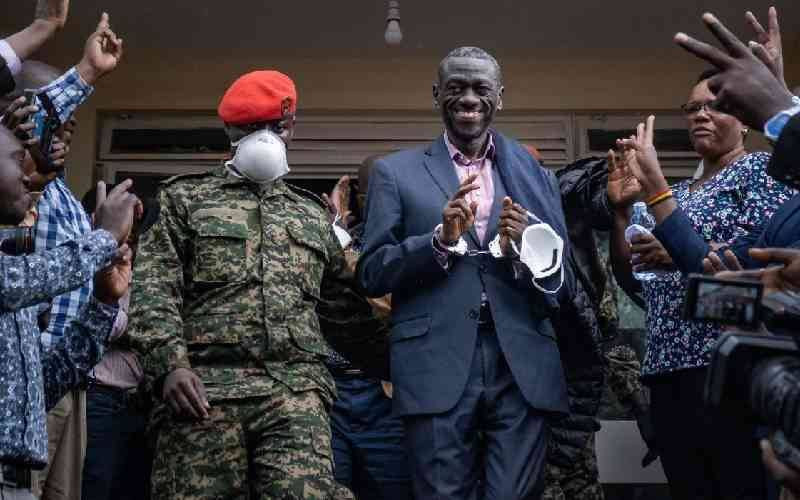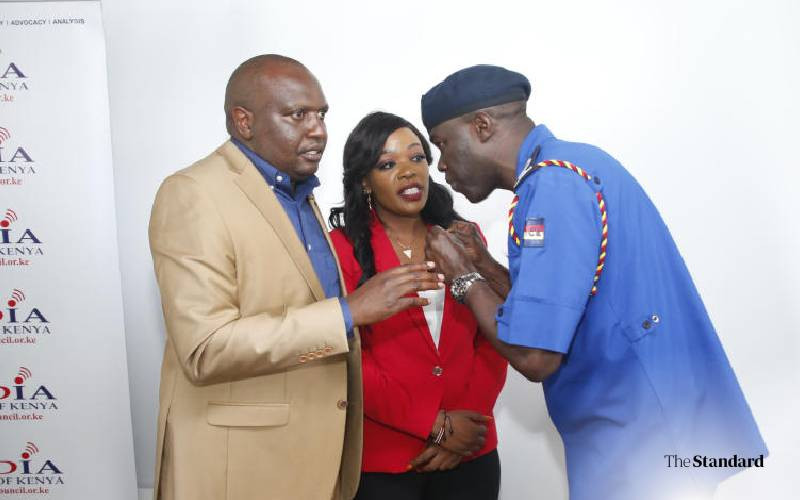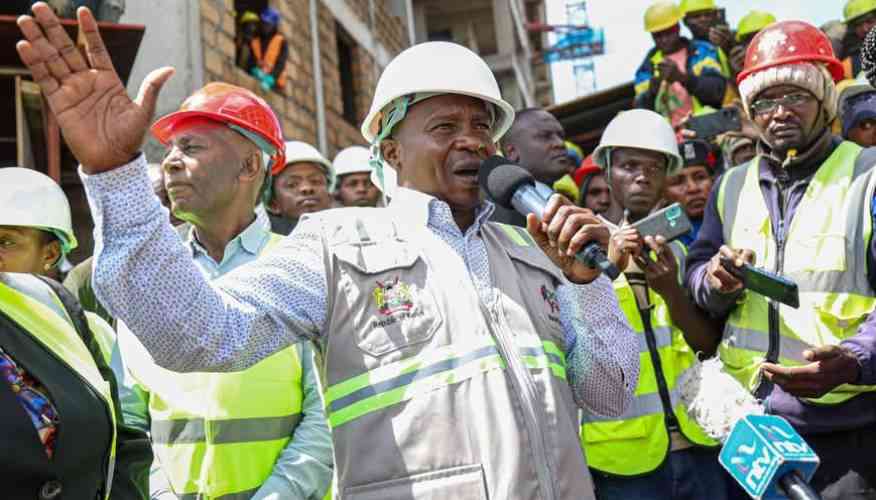The National Cohesion and Integration Commission is once again proving itself ineffective.
Charged with curbing hate speech and promoting national unity, the commission has gone silent in the face of growing political intolerance.
On Thursday, it cancelled — for the third time — its scheduled release of the State of Cohesion in the Country report.
“The National Cohesion and Integration Commission Chairman, Rev Dr Samuel Kobia, will tomorrow, Thursday May 15 2025, hold a press briefing on The State of Cohesion in Kenya, at 10am at NCIC offices 17th Floor, Britam Tower, Hospital Road, Upperhill,” read a media invite by Rosemary Were from NCIC corporate communications.
But the event was called off at the last minute because the chairman was “engaged in other duties”.
The commission’s inability to secure convictions from the numerous cases it has been handling has fueled the perception that it has failed to meet public expectations.
In most instances, NCIC, created by the 2010 Constitution, has been accused of being turned into a tool of settling political scores, a claim they have always dismissed.
Where the commission makes and attempt to deal with politicians accused of orchestrating chaos, the cases either collapse in court or they are threatened with law suits for allegedly maligning names of those it has accused of hate speech.
In February 2025, Kenyans took to social media in an online campaign to demand the defunding of the NCIC, accusing it of being complicit in the spread of tribalism and hate speech.
The hashtag #DefundNCIC trended for days, with users calling out the commission for issuing threats and press statements while hate speech continued to infiltrate political platforms, media, and social discourse.
Yet, beyond NCIC issuing warnings and promising to “investigate and take action,” nothing substantial has been done despite enjoying a budget allocation from public coffers.
But this is not new. Since its inception, NCIC has failed to make an example of any high-profile individual, even as divisive politics continue to endanger national cohesion.
Critics argue that the commission often acts as a shield for the political elite, avoiding confrontation with powerful figures who perpetuate the very hate the body is meant to fight.
While the commission has occasionally hosted dialogue forums and peace-building initiatives, these have had limited reach and negligible impact compared to the scale of the hate it is supposed to curtail.
Stay informed. Subscribe to our newsletter
In several instances, NCIC Chairman Samuel Kobia has tried to fight off the ‘toothless dog’ tag stating that besides the commission having an extensive mandate, it lacks prosecutorial powers.
Kobia stated that the commission’s mandate is limited to conducting investigation and has no role once the matter is forwarded to the Office of the Directorate of Public Prosecutions.
Even in matters fully within its control, such as releasing reports on the status of national cohesion, the NCIC has consistently failed to deliver.
During a March 2025 session with the National Assembly Committee on Administration and Internal Security, officials from the commission requested an additional Sh600 million to help monitor and combat hate speech, especially across digital platforms ahead of the 2027 General Elections.
According to CEO Humphrey Kariuki, the commission’s current allocation of Sh567 million was inadequate for carrying out thorough investigations, online surveillance, and public awareness initiatives.
Commissioner Abdulaziz Ali Farah expressed concern that a large portion of the budget was consumed by administrative expenses like salaries and office rent, leaving minimal resources for actual enforcement.
“The country is already in a campaign mood, and we need a unified approach to contain hate speech ahead of the elections. We are currently funded mainly for office operations, including salaries and rent, rather than for implementing our mandate,” Farah told the MPs.
Commissioner Danvas Makori added that NCIC was in the process of creating an open-source tool to track online hate speech.
He challenged the view that the commission was dormant, attributing its limited reach to financial shortfalls.
“There is a perception that NCIC is not doing much, yet we have achieved a lot despite our challenges. We urge the committee to fund us so we can de-escalate conflicts before they erupt,” he said.
On the increasing intolerance in the country Commissioner Makori said while sections of the country where intolerance is high, political leaders are funning and planting the seeds of intolerance among the citizens.
In a recent media interview, Makori noted that Kenyans a section are aggrieved and disenfranchised by what is going on in the country.
“There are sections of the country whenever there is a funeral, a political meeting, there is chances of violence and fatalities. That actually happen almost every weekend. So within those sections of our country, this is high, intolerance,” he added.
The commissioner noted that many within the political elite had become increasingly hostile towards one another.
He observed that leaders had forgotten the politics of decorum and the principles of democracy, where mature disagreements on policy could occur without resorting to insults or inciting division.








